Gossip industry is pulling your strings
Reasons why gossip could help and harm us through negative media
Ellen Stevens, Staff Writer
space
Gossip didn’t just ruin high school for you, it’s now ruining your generation.
Let’s start with identifying what the gossip industry is, what it does, and who benefits. As it turns out the gossip industry is a sophisticated mechanism used to control, make money, and gain power. Figures. And who loses the most? YOU! The Gossipee.
It begins with biology. We all have a natural attraction to fame. It’s in our blood. The media use this knowledge to feed us the belief that one day, we too can be famous. They start us off at a young age so we don’t question this concept and it appears as a natural desire and an attainable goal. Author Agnes Nairin who wrote Consumer Kids, says that kids spend 2x more time in front of a screen than in school. Kids who spend 5 hours a day on TV are 2x as likely to pick fame over intelligence as opposed to kids who only watch 1 hour a day.
The media keep us hooked by creating reality TV shows and feeding us success stories of real average Joes. Ellis Cashmore, Culture Media & Sports, Staffordshire University says “Britain’s Got Talent and other young children reality shows are a global business. There is a huge market for kid shows. The more the media supplies the more the target wants it.”
All these things are great contributors to making sure we continue to chase the dream. This constant attempt to obtain the unattainable is a clear characteristic of addiction. Professor Mark Griffiths, Addiction & Gambling Studies, Nottingham Trent University, “The earlier you start, the earlier you’re prone to more serious addiction, a gambler almost always constantly wins.” To summarize, the media have us curled around their fingers by getting us addicted to fame (all aspects of it) from an early age.
[pullquote]They start us off at a young age so we don’t question this concept and it appears as a natural desire and an attainable goal.[/pullquote]
The other gift biology has given us are our hard wired urges. We want to be close to leaders, and we naturally want to copy them. Is there an idol you fancy? Think about how much you know about this person, and how you can’t help but find things about them to be interesting.
This is because we have a hard wired need to gather social information about them. Professor Robin Dunbar, Evolutionary Anthropology, Oxford University, “Our brains are hardwired to make us social. Very few people can lean to litigate social isolation for varied periods of time.” What’s even scarier is that we create parasocial relationships with these people. Chris Roject, Society and Culture, Brunel University, “A parasocial relationship is defined as a relationship you establish based on what you know about a person.”
The closest that we have to this is Jesus. The younger this type of relationship begins the stronger the feelings. People now pretend that there is a two-way connection with them and the stars they are watching. This is possible because TV makes images look extremely real and our brains interpret these images as real. We therefore, develop relationships with imaginary people who are essentially ourselves. And it’s profitable because we buy stuff.
We also naturally want to congregate around our idols so we can reflect in their glory. An experiment was done about basking in reflected glory. It was called the Rasputin test. Students were asked to write an essay after reading a short passage about Rasputin. Those who had Rasputin’s birthday altered to match theirs were more likely to say that Rasputin was a misunderstood man in history (Star Suckers Documentary).
Another interesting biological tendency is that while we crave social information about our leaders, we have a tendency to seek negative information over positive. “Gossip is useful in helping you figure out your own social situations. Through other people’s experiences. The demand for negative news is higher because one is more interested in how to avoid danger to become more successful than we already are,” Charlotte De Backer, Media and Communication, University de Leices. This demand for negative information is needed in order to sort out through our own personal conflicts. What does this mean? Well, that we have an irresistible need for information about people we think we know, and need to know about.
Our addiction to fame and our constant need to know what’s going on with celebrities creates a very demanding market. Insert the gossip industry. The problem with this constant need is that news (either important or negative) just doesn’t happen fast enough to satisfy this market. Nick Davies, author of Flat Earth News says that everything is expected to be done quickly and a reporter’s most important asset is time. Most reporters don’t go out of their way to check facts; the media are in the process of making money not telling the truth.
Today, journalists are starting to accept information from citizens, and press releases as valid information for stories. In Britain there is a set-up which lets citizens trade celeb gossip stories for cash. In the documentary, Star Suckers, the film crew easily manage to get false information published in the tabloids.
There are also companies which specialize in working with celebs to create fake news. There is a company called Neon Management, its owner Dave Reed is one of the key players in fake news creation.
The media create news using illegal techniques as well. Young girls will sell their stories about sexual encounters with celebs. Sometimes people are hired by magazines to hang out with stars and get dirty information about them. (So says Amy Emma Bussey). There even exist people like Max Clifford who protect celebs and have to pull massive stunts to get them out of trouble. So what’s the damage? Well, media is available 24/7 and people gobble up fake news like candy. Yet another example of creating demands in order to profit from its fulfillment.
To make matters worse, celebrities have started getting into politics.
What does addiction to fake news, and celebrities in government equal? Total loss in validity of information and a total distraction from serious issues. Celebrities who get into politics usually support charities from all over the world. Generally they have good intentions, but not always the right level of success. Unfortunately the media usually make up stories of success (even if in reality the effort never meets its goals). What does this get them? A front seat to young people all around the world. This results in a huge profit for the media because they have total control over the information.
The other day I read the following passage in The Dumbest Generation, a book about the loss of intelligence within our culture. “It isn’t enough to say that these young people are uninterested in world realities. They are actively cut off from them. Or a better way to put it is to say that they are encased in more immediate realities that shut out conditions beyond- friends, work, clothes, cars, pop music, sitcoms, Facebook. Each day the information they receive and the interactions they have must be so local or superficial that the facts of government, foreign and domestic affairs, the historical past, and the fine arts never slip through.”
This is my conclusion: The gossip industry is a large contributor to ‘dumbifying’ our generation in order to distract our intelligence long enough to not only sell stuff to us, but also bypass very important information that can affect us in very negative ways. We are so consumed with popular irrelevance and gossip that we aren’t focused on the things which impact us the most. Dr. Philip Grahm, Emeritus Professor, Child Psychology, Institute of Child Health, “Children believe that life is about appearance and material things. That is the value system that is being sold.”
ARB Team
Arbitrage Magazine
Business News with BITE.
Liked this post? Why not buy the ARB team a beer? Just click an ad or donate below (thank you!)
Liked this article? Hated it? Comment below and share your opinions with other ARB readers!













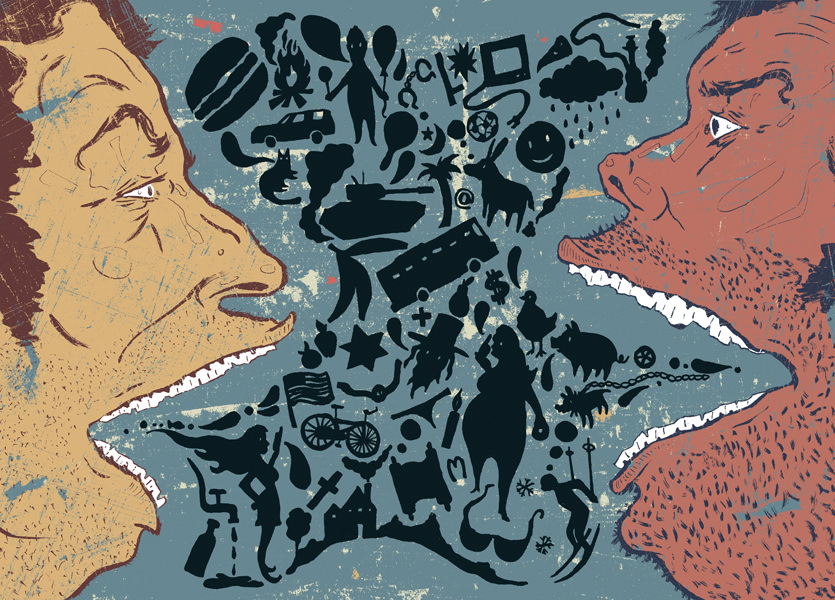
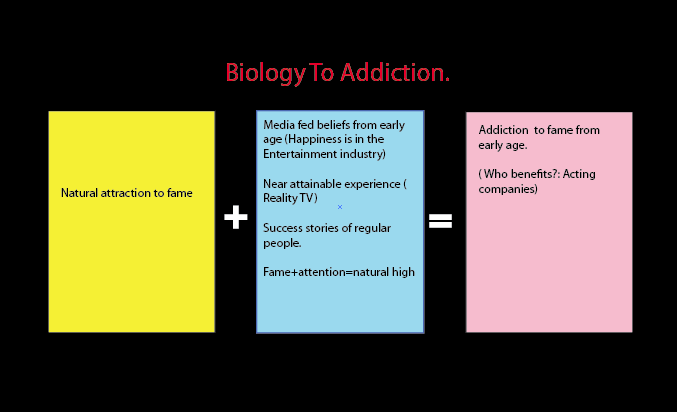
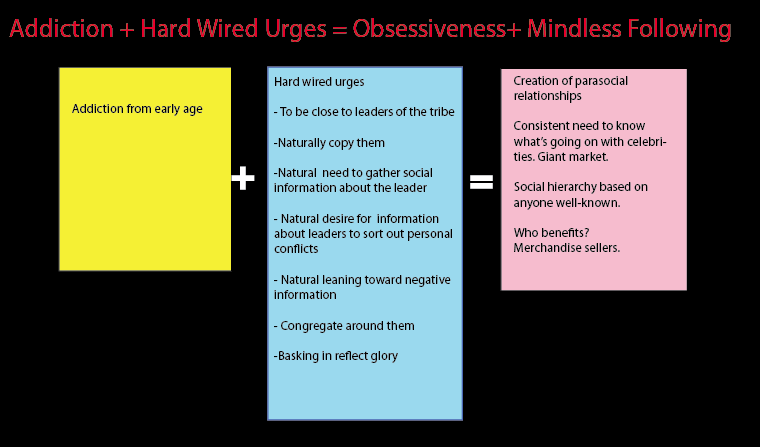
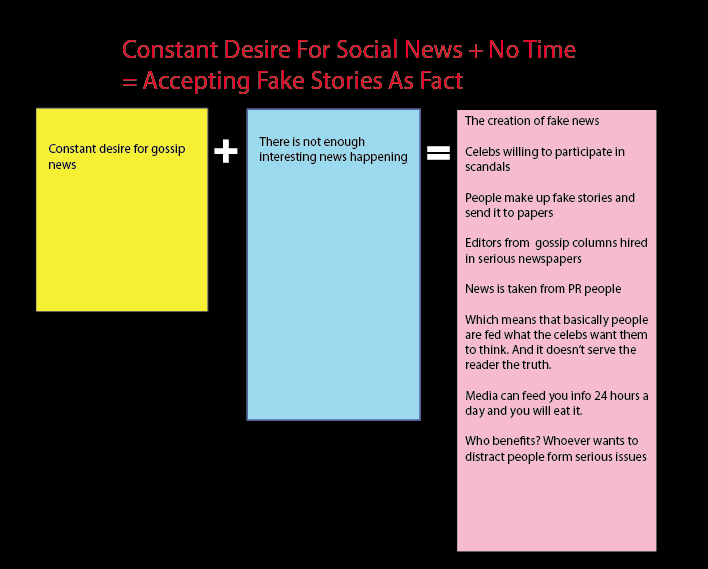
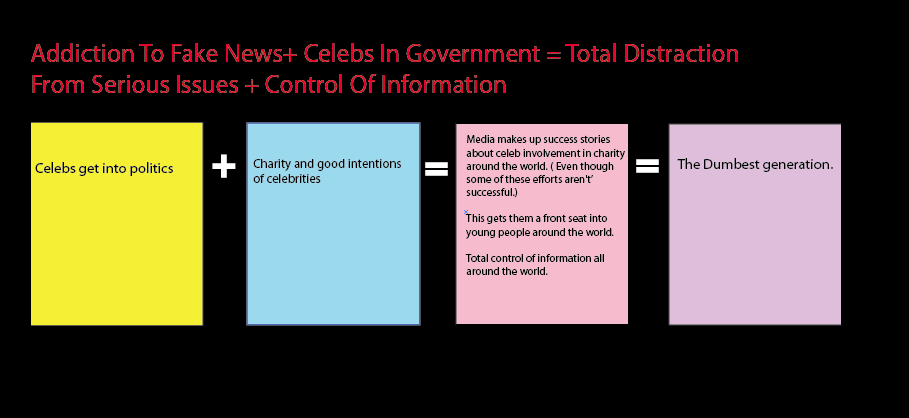


















Share the post "Gossip industry is pulling your strings"